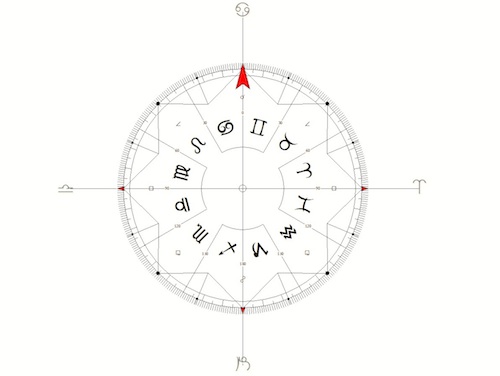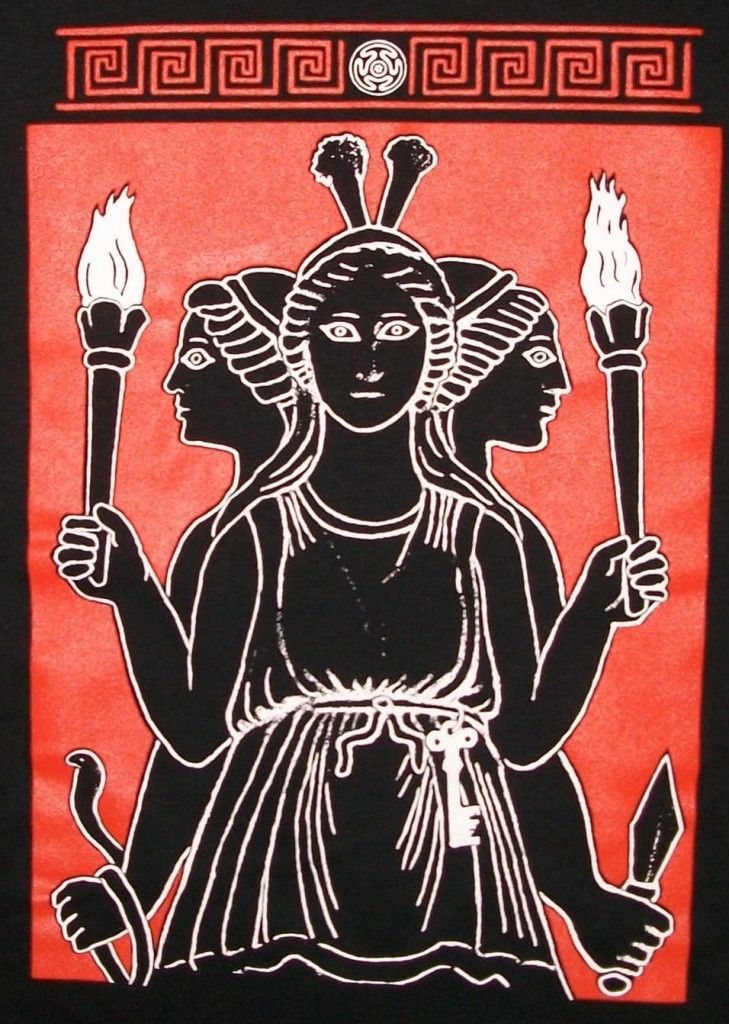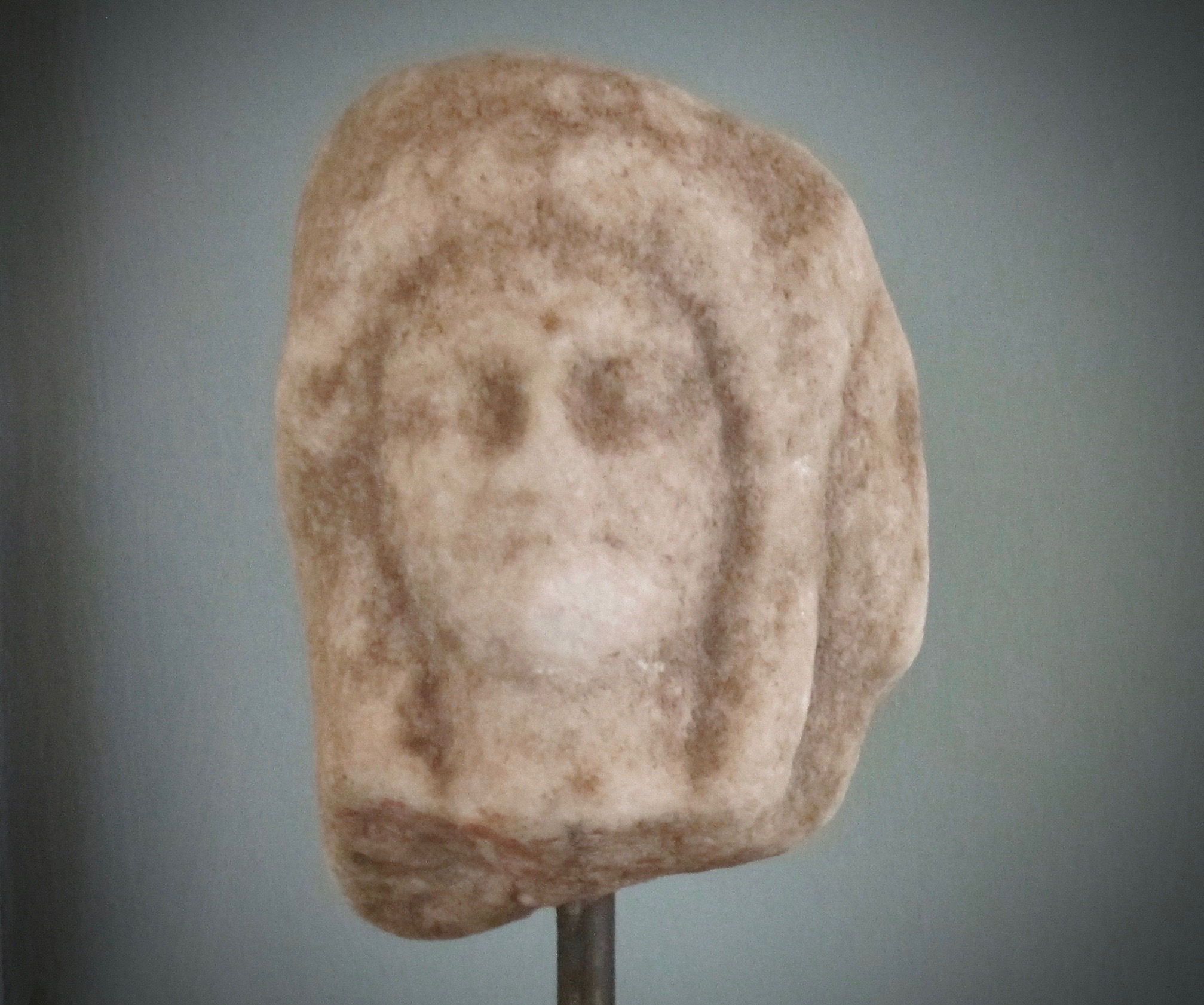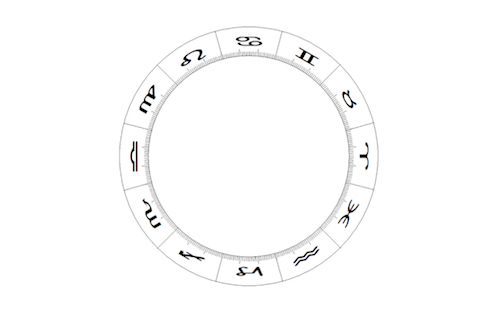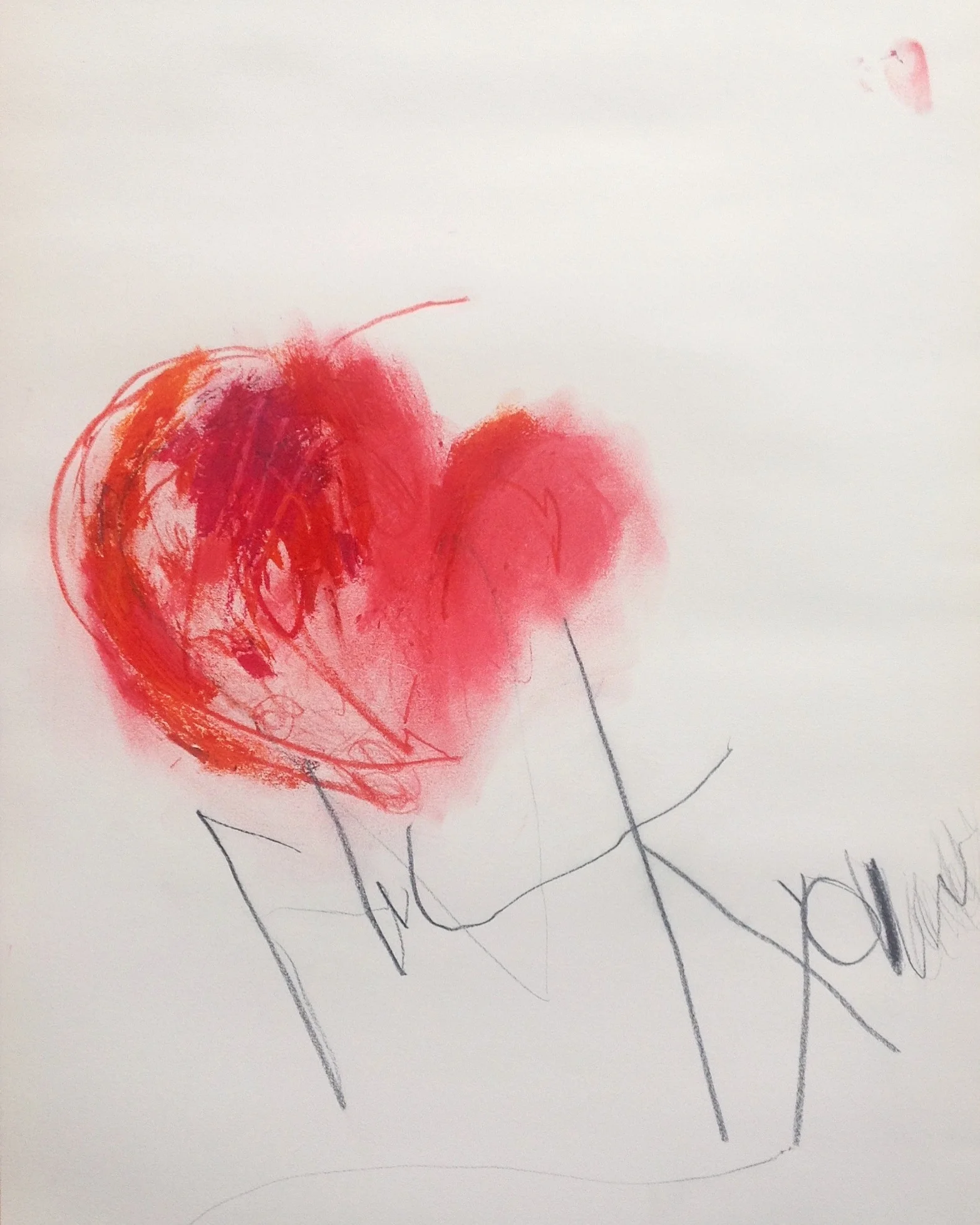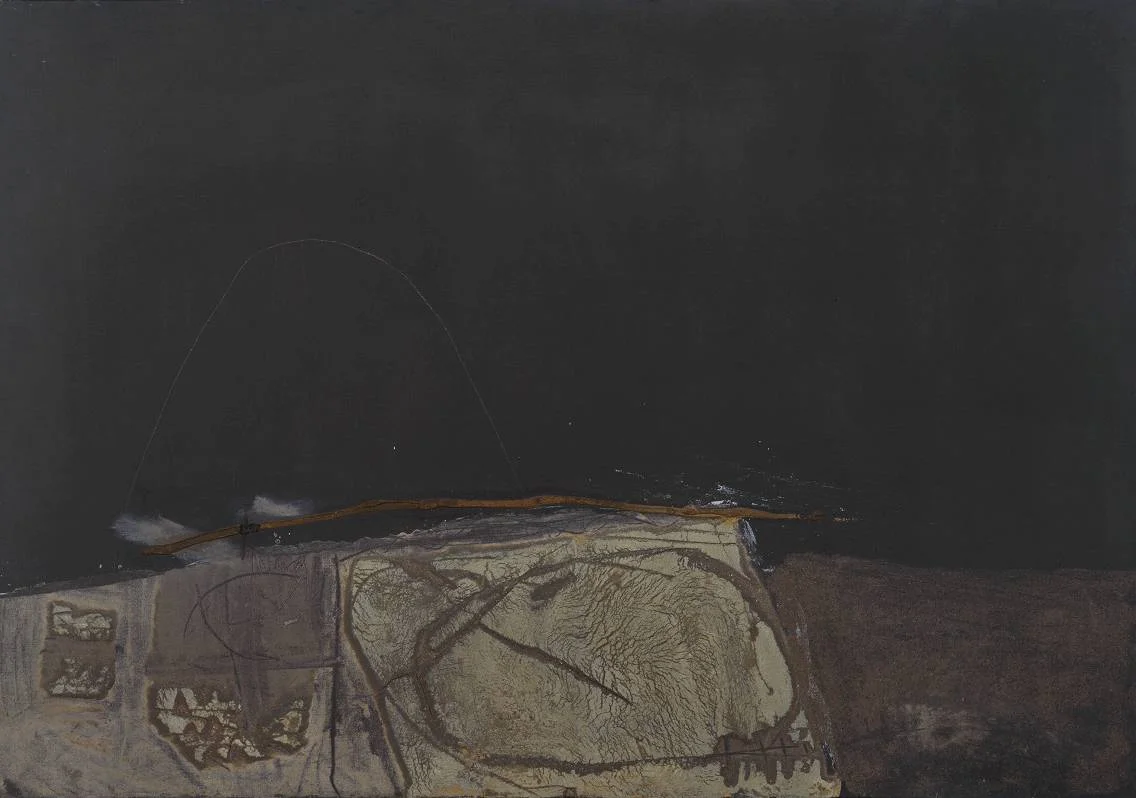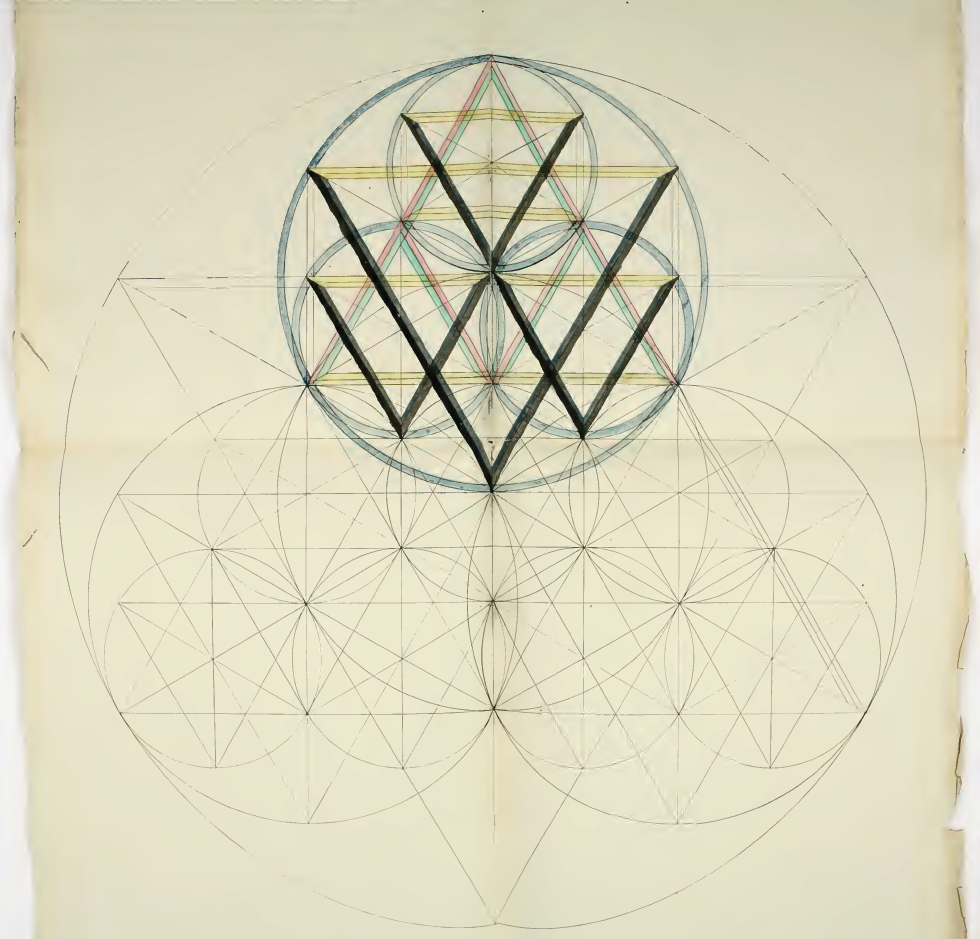ANTISCIA Mar/2014
/[Coming soon] : sign up to have antiscia emailed to you at the beginning of each month (here).
Planets in antiscia and contra-antiscia reflect each other across the cardinal axis. The cardinal axis (sometimes called the Aries Point) is essentially the node of the Sun and is a point we all share. It is the intersection of two Great Circles: the ecliptic, which is the sun's path (the tropical zodiac), and the earth's equator. A planetary pair is formed when planets connect by reflecting one another across the cardinal axis. Like the planetary statement made by two planets in aspect or conjunction, planets in antiscia make a terrestrial (or mundane) statement: a statement for the world. Therefore, planetary pairs can provide insight into the energy of the day, as well as enriching natal and dynamic chart delineation. More on antiscia here...
To use the list below, simply blend the meanings of the planets in combination.
- Bold dates indicate a particular planetary expression is exact (within 10 minutes of arc).
- Dates showing one planet indicate its ingress onto the cardinal axis (meaning it's at zero cardinal or fifteen degrees fixed (midpoint), and ought to feature prominently that day).
- Those with a (c) indicate contra-antiscia - a symmetrical arrangement around the Aries/Libra axis.
Day of month + Planetary Pair
Sun Uranus contra antiscia + Moon comes to 0 cardinal
2 Moon (0 ARI)
8, 9, 10 Sun Uranus (c)
9 Moon (0 CAN)
12, 13, 14 Venus Saturn
16 Moon (0 LIB)
16, 17, 18 Mercury Node
19, 20, 21 Sun (0 ARI) EQUINOX
21, 22 Mercury Mars
Same as above but on 90 degree dial
21, 22, 23, 24, 25, 26, 27, 28 Mars Neptune
23 Moon (0 CAP)
29 Moon (0 ARI)
30, 31 Mercury Uranus (c)
31 Sun Mercury (c)
Please contact me with questions, or leave a comment here!
